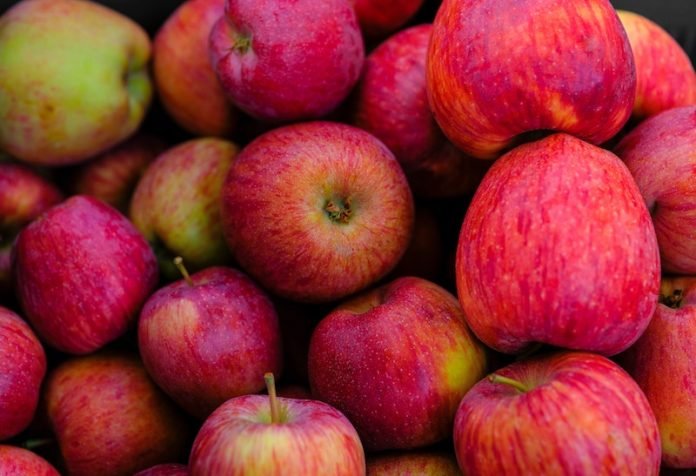
Consuming plant-based foods that contain dietary compounds called flavonols, such as quercetin found in apples and blackberries, may reduce the risk of developing frailty in older adults.
Frailty, a geriatric syndrome that increases the chances of falls, fractures, disability, hospitalization, and mortality, affects approximately 10% to 15% of older adults.
While current dietary recommendations for frailty prevention focus on protein intake, this study suggests that flavonol-rich foods could play a significant role.
Key Findings
The research indicates that for every 10 mg increase in flavonol intake per day, the odds of developing frailty decrease by 20%.
It is relatively easy to consume 10 mg of flavonols daily, as a medium-sized apple contains about 10 mg of flavonols.
Although the study did not find a significant association between total flavonoid intake and frailty, higher intake of flavonols, particularly quercetin, was linked to a reduced risk of frailty.
This suggests that specific subclasses of flavonoids may have more potential as a dietary strategy for preventing frailty.
Implications and Future Research
The authors propose that future research should focus on dietary interventions involving flavonols or quercetin to address frailty.
Additionally, it is essential to investigate the effects of flavonoid intake in racially and ethnically diverse populations.
This study, published in the American Journal of Clinical Nutrition, is one of the first community-based studies to comprehensively examine the role of dietary flavonoids in preventing frailty.
Detailed Description of the Research
The study analyzed data from the Framingham Heart Study—Offspring Cohort, involving 1,701 individuals who were free of frailty at the start of the study.
The participants were followed for approximately 12 years to evaluate frailty onset using the Fried Frailty Phenotype. At the end of the study period, 13.2% of the participants had developed frailty.
While total flavonoid intake did not show a significant association with frailty onset, flavonols intake, specifically quercetin, was associated with a lower risk of developing frailty.
If you care about bone health, please read studies about vitamin K deficiency linked to hip fractures in old people, and these vitamins could help reduce bone fracture risk.
For more information about health, please see recent studies that Krill oil could improve muscle health in older people, and eating yogurt is linked to lower frailty in older people.
The study was published in The American Journal of Clinical Nutrition.
Copyright © 2023 Knowridge Science Report. All rights reserved.



